Plants or Crops
All Plants or Crops Content
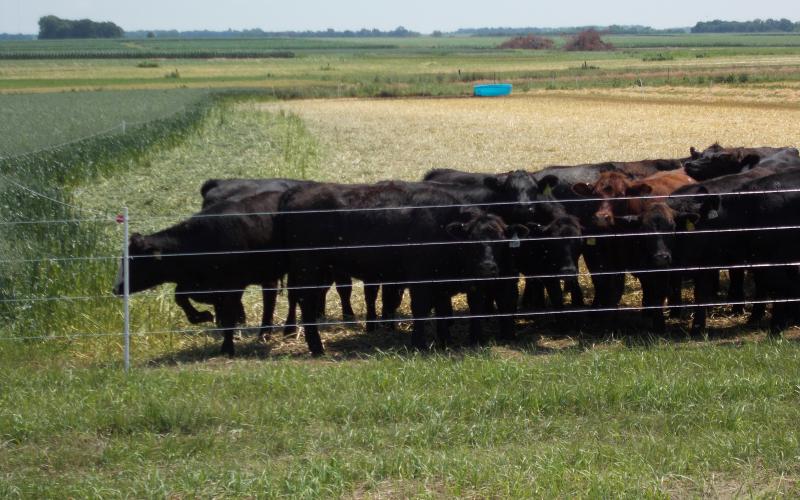
Weaning Calves on Cover Crops
What do we do if it is time to wean calves, but the pen isn’t ready? That can be a real concern during wet fall seasons, such as 2019. Putting calves into muddy pen conditions is far from desirable, but holding calves on the cows deep into fall increases the risk of adverse winter weather and tends to pull body condition off the cows.
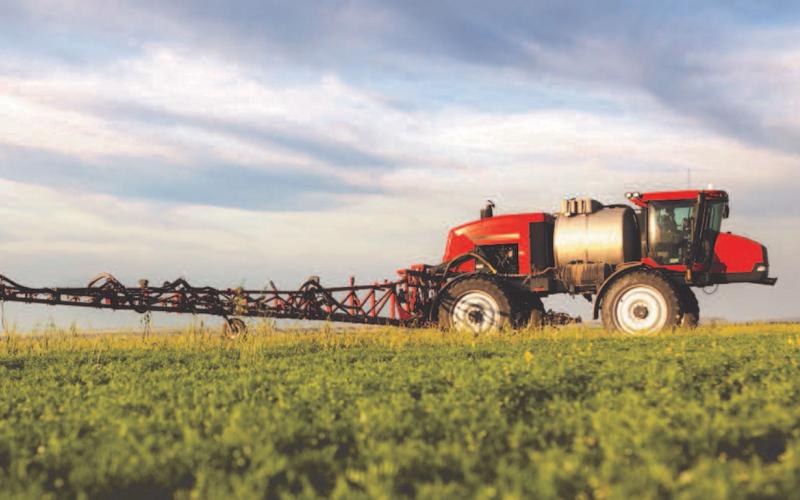
South Dakota Department of Agriculture Suspends All Sales and Application of Dicamba Product
June 08, 2020
On June 3, the United States Court of Appeals for the Ninth Circuit issued a decision to vacate the registration of three Dicamba products including Xtendimax, Engenia, and FeXapan for over the top use on soybeans.

It’s Time to Scout for Alfalfa Weevils
The 2018 and 2019 alfalfa weevil populations were relatively low, and as a result, we didn’t receive very many calls regarding this pest during those years. However, 2020 has been quite a bit different, and alfalfa weevil populations seem to be much higher.
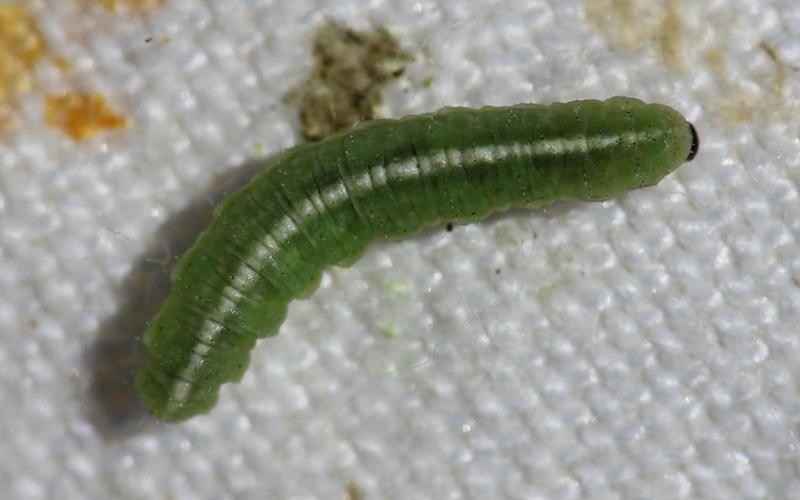
Alfalfa Weevil Activity Prediction Update: June 1, 2020
Activity of alfalfa weevils has been documented in many areas of South Dakota during the last week. At this time, the entire state has accumulated enough degree days for alfalfa weevils to be active.
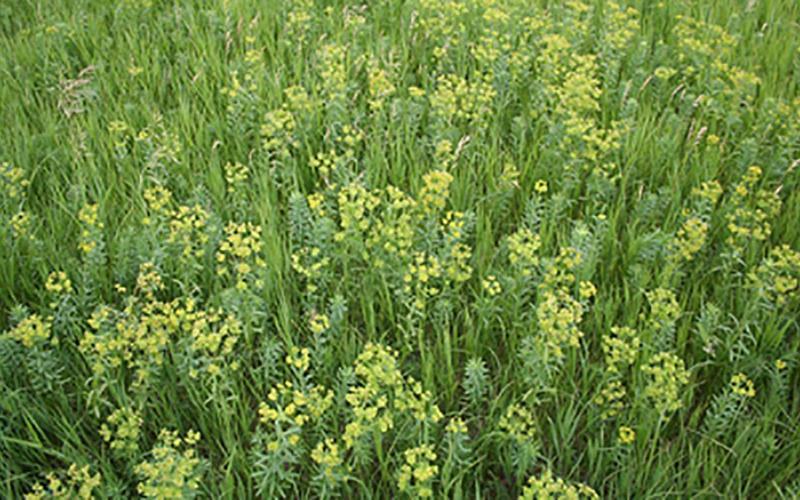
SDSU Extension Provides Leafy Spurge and Noxious Weed Management Recommendations
May 22, 2020
One of the many challenges producers face each year is weed control. Leafy spurge, in particular, can be difficult to manage.
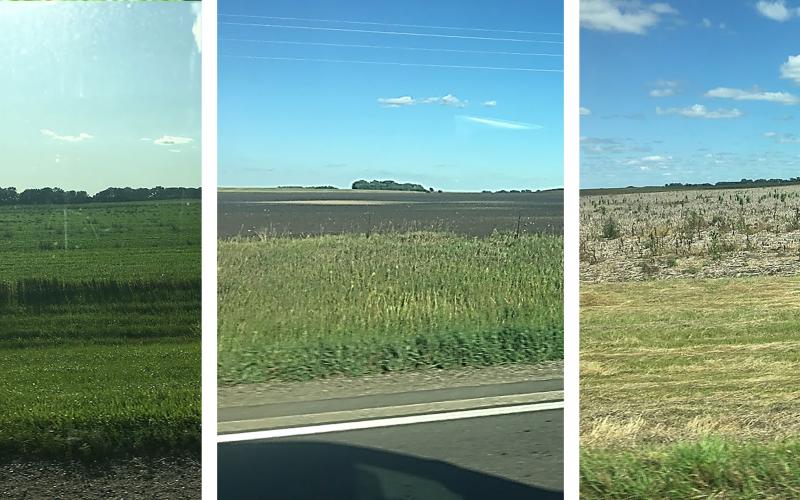
Prevent Plant: Its Effect on Fall and Spring Fertilizing Plans
Driving around South Dakota, you can see the many acres that farmers were not able to plant. Now that fall soil-sampling season is well on its way, many people have questions regarding how different situations of prevented planting will affect soil sampling and fertilizer application needs.

Alfalfa Weevil Activity Prediction Update: May 4, 2020
Temperatures continue to increase across South Dakota and the degree days are rapidly accumulating. With the exception of areas around Selby, Sisseton and Brookings, alfalfa weevil activity is likely in South Dakota.
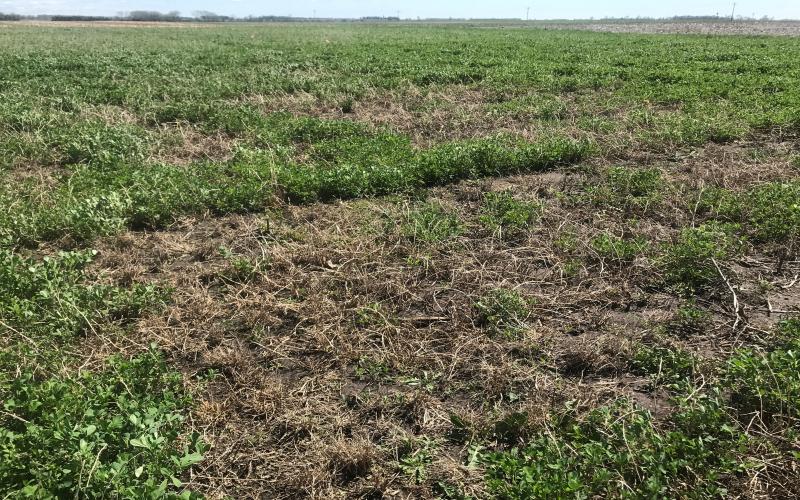
Dealing With Alfalfa Winter Kill
Winter kill and general stand loss of alfalfa has specifically been of concern in many parts of South Dakota the last two years. Most observed alfalfa winter kill is due to low, wet or flooded areas where plants were suffocated and died over the winter.
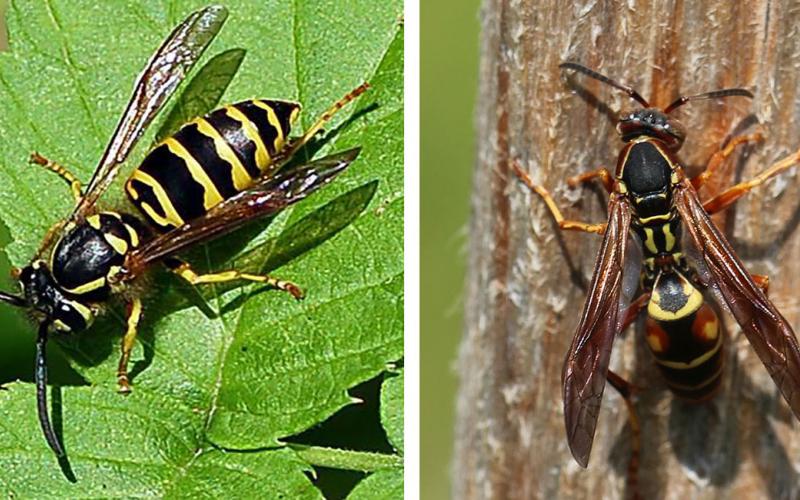
Wasp Activity Is Ramping Up
With their distinctive black and yellow stripes and tendency to hang out in groups, wasps receive attention no matter the time of year. As the weather warms up and spring progresses, you may notice more wasp activity in your yard or around your house.
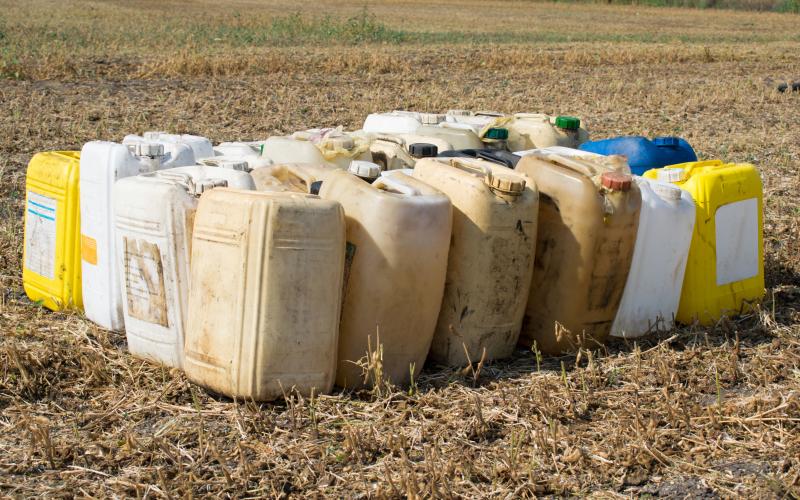
Changes in Pesticide Applicator Certification During COVID-19
April 27, 2020
Due to office closures as a result of COVID-19, commercial pesticide applicator testing is currently unavailable at the SDSU Extension Regional Centers and county offices.